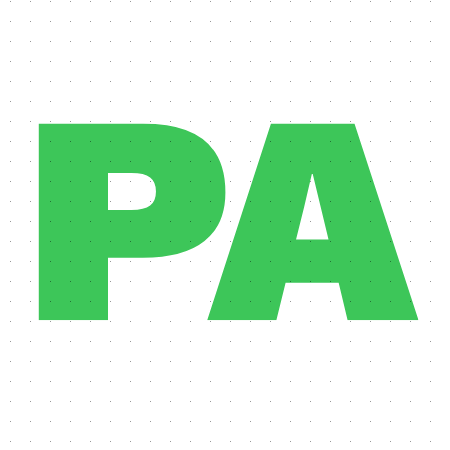After the COVID-19 pandemic halted many asylum procedures across Europe, new technologies are actually reviving these systems. Right from lie recognition tools analyzed at the line to a program for verifying documents and transcribes selection interviews, a wide range of systems is being used by asylum applications. This article is exploring just how these technologies have reshaped the ways asylum procedures are conducted. That reveals just how asylum seekers happen to be transformed into required hindered techno-users: They are asked to abide by a series of techno-bureaucratic steps and keep up with unpredictable tiny changes in criteria and deadlines. This obstructs their capacity to find the way these devices and to pursue their legal right for protection.
It also shows how these technologies happen to be embedded in refugee governance: They assist in the ‘circuits of financial-humanitarianism’ that function through a whirlwind of spread technological requirements. These requirements increase asylum seekers’ socio-legal precarity by simply hindering them from getting at the stations of safety. It further argues that examines of securitization and victimization should be combined with an insight into the disciplinary mechanisms of the technologies, in which migrants are turned into data-generating subjects who are regimented by their dependence on technology.
Drawing on Foucault’s notion of power/knowledge and comarcal know-how, the article argues that these technologies have an natural obstructiveness. There is a double result: her latest blog when they assistance to expedite the asylum method, they also help to make it difficult with respect to refugees to navigate these systems. They are really positioned in a ‘knowledge deficit’ that makes these people vulnerable to illegitimate decisions created by non-governmental stars, and ill-informed and unreliable narratives about their cases. Moreover, they pose new risks of’machine mistakes’ that may result in erroneous or discriminatory outcomes.
